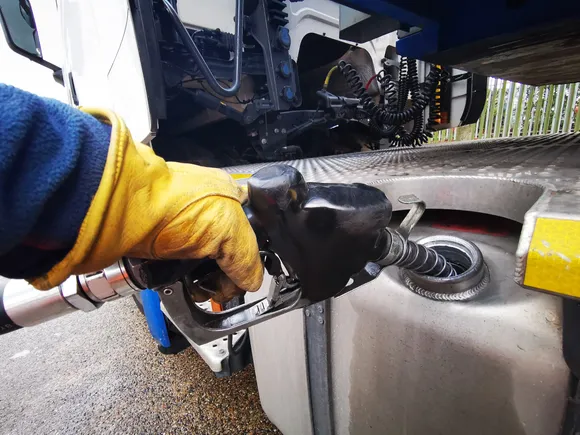Challenges Facing Truck Dealerships in New York
This is an opinion piece by Mark Stone, corporate general manager of Burr Truck in New York and a board member of Clean Cities of Central New York. The views expressed are those of the author.
After 31 years in business, I find myself questioning the future of our small truck dealership in New York, despite having weathered the COVID-19 pandemic, the Great Recession, and the aftermath of 9/11. Burr Truck has been operational since 1967, making it the longest-standing Volvo dealer in the nation and the first to offer Volvo battery electric trucks in Upstate New York, as well as the first Isuzu dealer to achieve battery electric vehicle certification in the state.
The thought of potentially closing our operations is unimaginable. Yet, we are now facing an uncertain future due to New York’s enforcement of problematic regulations, particularly those influenced by the California Air Resource Board’s Advanced Clean Trucks (ACT) Rule. Starting January 1, 2025, this rule poses significant risks to our operations and to all businesses reliant on the trucking industry.
The ACT rule mandates that truck manufacturers ensure New York dealers achieve a set percentage of zero-emission vehicle sales to continue selling diesel vehicles without penalties. In practical terms, for every ten diesel trucks we aim to sell, we would need to sell one zero-emission vehicle first—a challenging target considering fewer than 40 Class 8 ZEVs have been sold in the state so far. Challenges, such as insufficient ZEV charging infrastructure and high costs associated with electric vehicles, further complicate the situation.
While I recognize the importance of transitioning toward sustainable technologies, the pace set by the ACT presents formidable challenges for our industry, which is deeply rooted in diesel technology. This poses particular issues for specialized vehicles like municipal snow plows, for which electric alternatives do not currently exist. If we are unable to maintain operations, local governments will struggle to procure necessary equipment, directly affecting taxpayers throughout the state.
The current state of New York’s electric vehicle infrastructure is ill-equipped to handle the influx of ZEVs anticipated from the ACT regulation. Since the ACT’s adoption in 2021, no publicly available heavy-duty chargers have been installed in the state, and despite available incentives, the costs associated with ZEV Class 8 trucks remain significantly higher than their diesel counterparts. This makes it difficult for companies to justify such investments right now.
As a result of the ACT mandate, we project that Burr Truck could face a loss exceeding $18 million in sales and roughly $4.8 million in parts and service revenue annually, with a potential 30% reduction in dealership employment within the first year of regulation. These changes will undeniably impact our customers and the wider community reliant on trucking services.
It’s crucial to clarify that our objections to the ACT regulations are driven by a desire to protect our industry and the associated jobs, not a lack of commitment to the environment. We are aligned with New York’s goals for zero emissions by 2040, having already invested in advanced technologies and even sold one of the state’s first Class 8 BEVs. We urge an immediate delay of this regulation to safeguard vital industry services and the businesses that depend on them.
Burr Truck’s enduring legacy is built on resilience and strong relationships within our community. We seek to collaborate with New York to find a balanced approach that will support a sustainable future without undermining jobs or the business viability of our industry.


